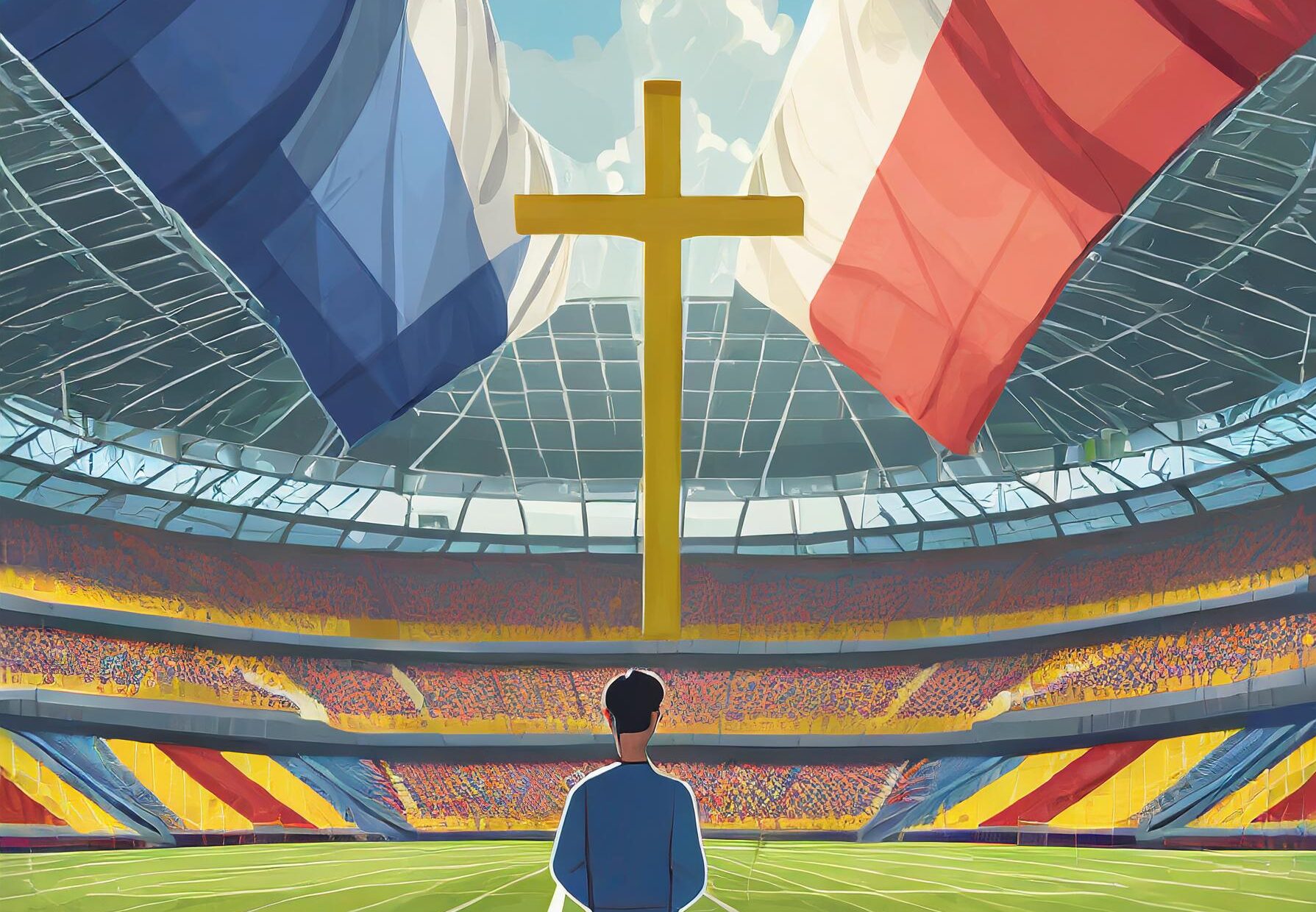With the 2024 Paris Olympics fast approaching, a heated debate over religious symbols has erupted in France, pitting the country’s strict secularism against the religious freedoms of athletes. A recent report by Professor Rafael Valencia of the University of Seville warns that France’s crackdown on religious expression could lead to a two-tiered system at the Olympics, with French athletes facing tighter restrictions than their international counterparts.
The issue came to a head last year when the French Senate voted to ban the wearing of any “ostensible religious symbols” by athletes representing France (even if apparently not specifically for the Olympics), a move that would prohibit Muslim women from wearing hijabs or Sikh men from wearing turbans. While this law has not yet been finalized, the French government has made its position clear, with Sports Minister Amélie Oudéa-Castéra declaring that French team members “cannot express their religious opinions and beliefs” during the Olympics. Professor Valencia argues that this stance contradicts the fundamental principles of the Olympic movement. As he writes, “the firm intention of the (French) political voices on religious symbolism puts in question the foundations of modern Olympism” – values like respect, human dignity, and commitment to human rights. Valencia warns that if the French restrictions are implemented, it would create an unprecedented situation where “we would find ourselves with Olympics in which we could appreciate a two-speed religious freedom, of greater breadth for non-French athletes, causing a comparative grievance of unheard-of precedents in a competition of these characteristics.”
Quoting directly from the report, Valencia criticizes France’s actions, stating that the country is engaged in a “new attempt (in the line of so many others registered in France in recent years) to eradicate religion from the public space, transgressing the limits of secularism and hovering over the fields of secularism.” This would entail, as in quoting Maria Jose Valero, “would lead to a distortion of the intended state neutrality that would lead to a restrictive interpretation of the principle of secularism and, ultimately, a restriction of rights such as religious freedom.” The Olympic movement has made great strides in recent years in accommodating religious expression, with the International Basketball Federation and FIFA both relaxing rules to allow for religious headwear.
But France’s desire to enforce a strict secularism threatens to upend this progress, potentially excluding Muslim, Sikh, and other religious athletes from representing their country at the Paris Games.
As the world prepares to converge on the French capital, the debate over religious symbols looms large. If France does not change course, the 2024 Olympics may be remembered more for the battles off the field of play than the triumphs within it.
source link eu news



















